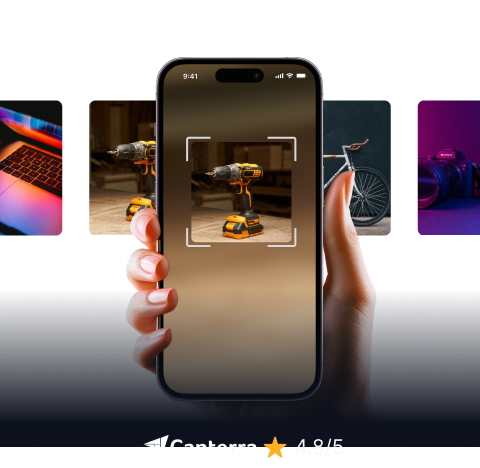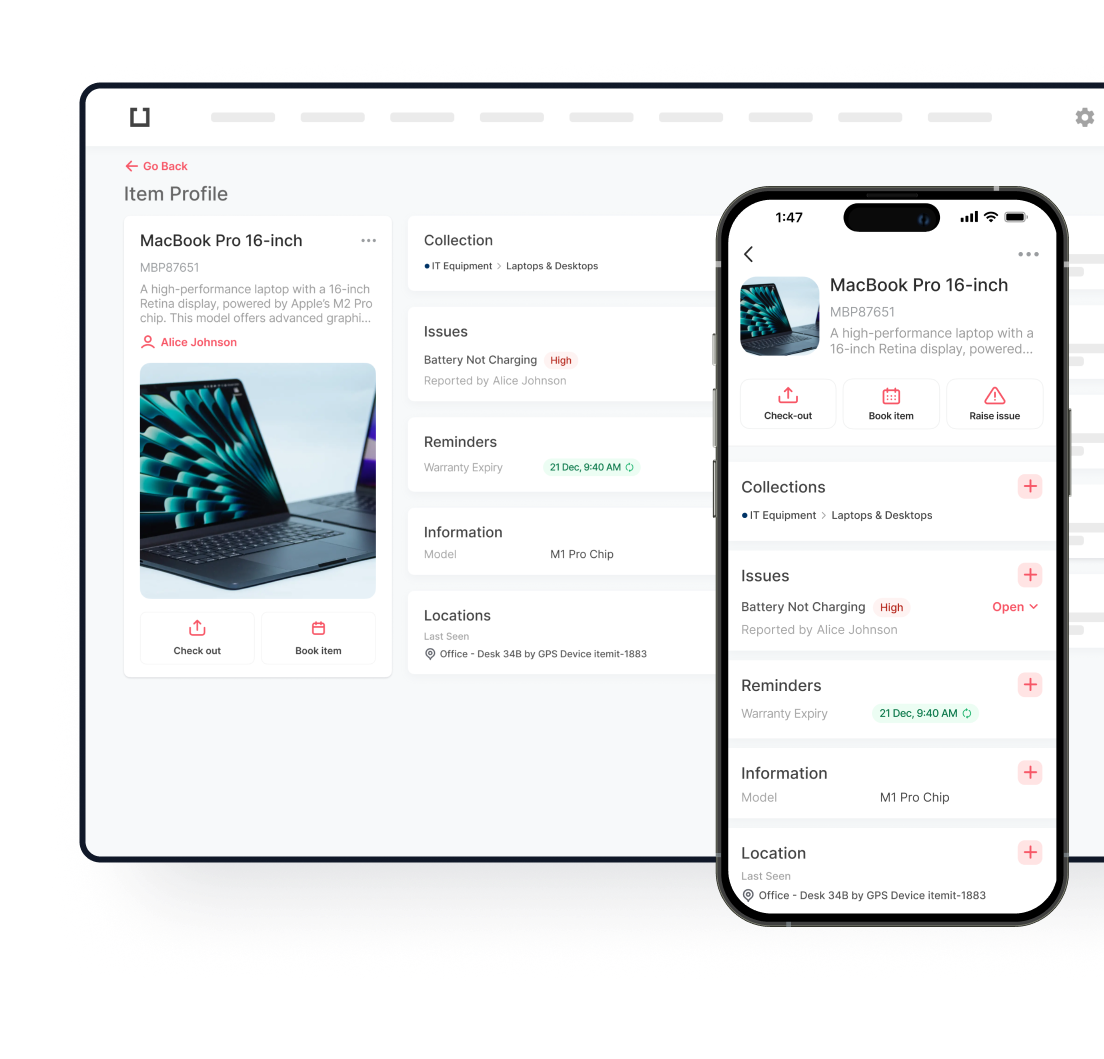You can realistically optimise asset tracking by using RFID tags and you can start this process today. RFID tags are hugely popular as they have the potential to transform your business. All that you need to do is to attach a tag to any asset you wish to track.
RFID tracking is easier than you think and more effective than you think. You can ultimately control your assets in many different ways while getting a better insight into your business. This is why more businesses are now choosing to track their assets this way.
How Asset Tracking Works
Asset tracking involves you attaching a tag to every asset that you want to track. Once the tag is in place it can be scanned so a unique profile is created.
You can add a whole host of information to every single profile. In fact, the more information you add about each asset, the better. RFID tracking works best when you add a lot of information as it allows you to gain access to it in the future.
Imagine being able to quickly access an instruction manual via your tracking software. You could also take a look at the list of this month’s users or whether the asset needs to be repaired.
We mustn’t forget that you can also track the location of your assets. When you know where your assets are they’re safer. They’re unlikely to go missing or get stolen if they’re tracked. This can only be a good thing as you may end up spending less replacing lost or stolen assets.
How RFID Tags Can Help With Tracking
When you begin to track your assets with RFID tags, you open up a world of possibilities. This may seem like something of an exaggeration but it’s not the case at all. RFID tracking is a very unique way of tracking the location of your assets and almost every aspect of each asset. Working in a similar way to QR codes and barcodes, tracking using Radio Frequency Identification Tags is the future.
Every single tag emits radio frequencies all of the time. When you use the right software, you can detect those tags even if you cannot see them. In other words, you can scan the tags without having to pick up any assets and locate the tag. This can save you quite a bit of time, but it can also help you to leave high-value assets where they are without disturbing them.
Make Using RFID Tags Easy
While you may be unfamiliar with the technology surrounding RFID tags they can be easy to use.
If you want to make RFID tracking as simple and as easy as possible, track each asset’s location. Did you know that when you log into your app or online portal you can see where your assets are? It takes a matter of moments for you to see where everything is.
If you want to make asset tracking a little more complex (but not too complex) you can access each asset’s data. When you begin tracking any asset the software will automatically create data. The data created is based on the asset’s behaviour. You could see:
- Where your asset is
- Where it’s been
- Who is using it
- Who has used it
- What the maintenance status is
- If it needs to be checked in or out
- And much more
Depending on the software that you choose, you could find that you have access to the above features. Just make sure you sign up for RFID software that offers you the features you need. When you do, you’re more likely to find it beneficial for your business.
Top RFID Tracking Tips
Here are a few top RFID tracking that you may appreciate:
- Attach one tag at a time
- Populate the asset’s digital profile before moving on to the next one
- Add useful details such as the asset’s warranty and insurance information
- Upload the instruction manual in PDF format or add a link for easy access
- Take a photograph of your assets for easy identification
- Use the check in/check out feature for even more accurate asset tracking
- Assign assets to individuals or groups so the right people have the right tools
- Always add new assets to the software ASAP so they can also be tracked
- Set reminders/schedules such as maintenance schedules so you stay on top of it
When you make the most of RFID tags and the asset tracking process your business can benefit. You can realistically optimise asset tracking when you have an asset tracker that works well. Used in conjunction with RFID tags and all that they offer, you’re onto a winner.
Would you like to chat with an expert about using RFID tracking to optimise asset tracking? Contact us today at team@itemit.com.

Try itemit
Choose a better way to track your assets. Start your free 14-day trial now!

Keep Learning
itemit Blog
Tips, guides, industry best practices, and news.
Track Your Agricultural Assets With RFID Tags
Wish to track your agricultural assets but you’re not sure how? Read this post to find out why using an RFID tracking app is the way forward!
Which Is Better? RFID Tags Or Barcodes?
Is RFID asset tracking better than using barcodes or is it vice versa? Read this post now to discover which option is ideal for you!
The Future Of Asset Tracking Involves RFID Tags: Here’s Why
Find out exactly why the future of asset tracking in the workplace involves RFID asset tracking by reading this article now!



